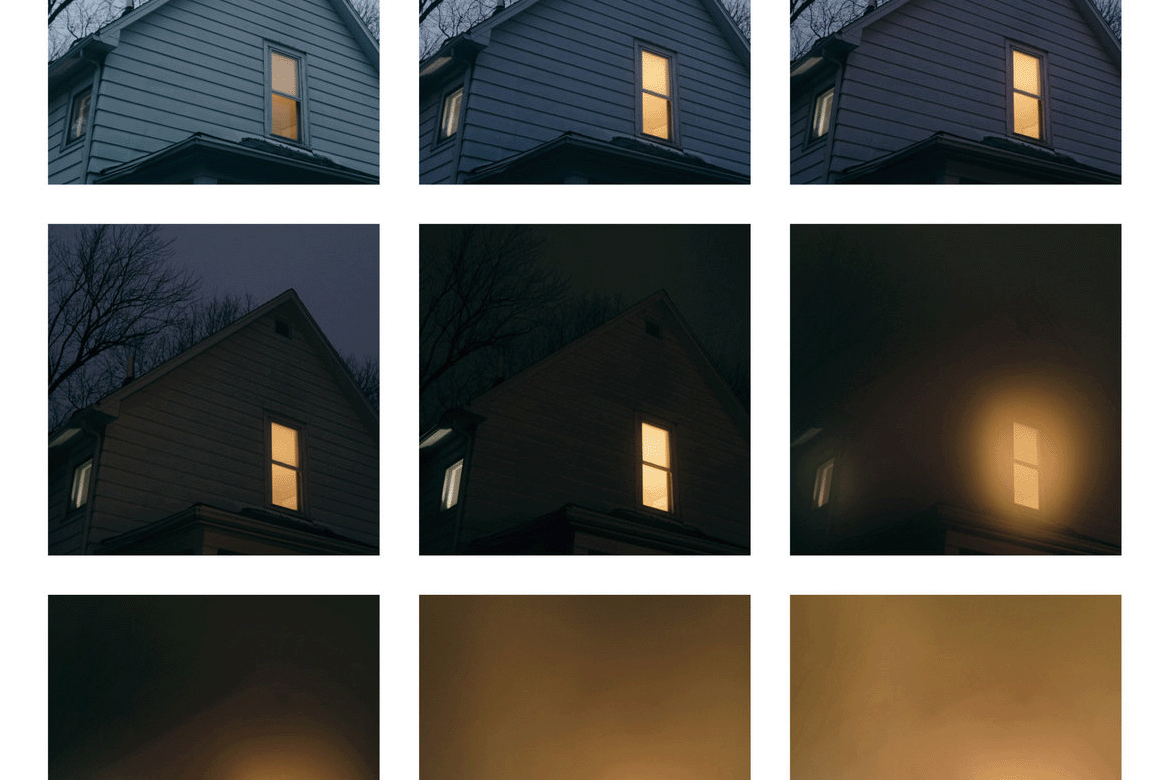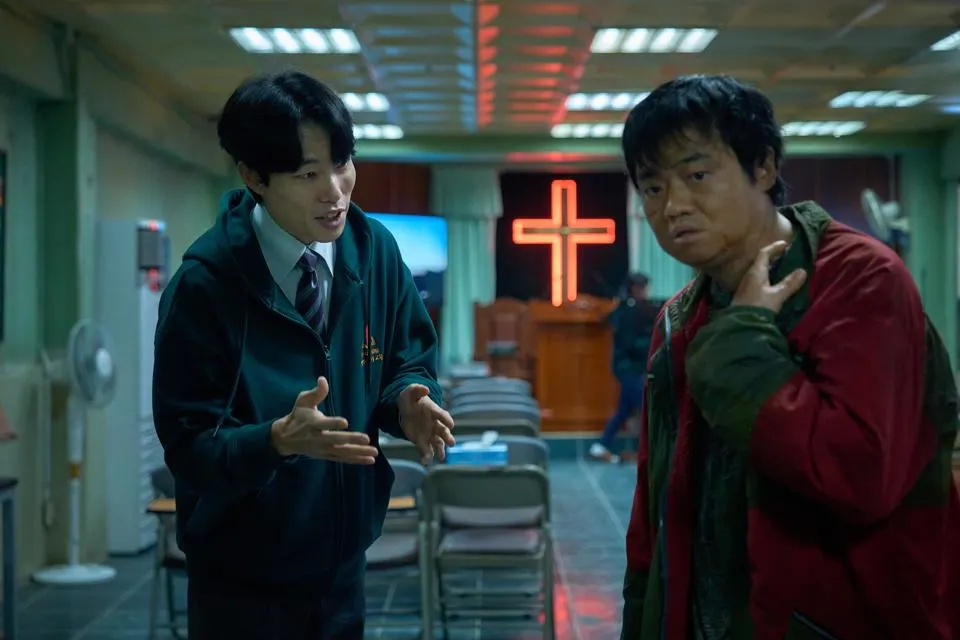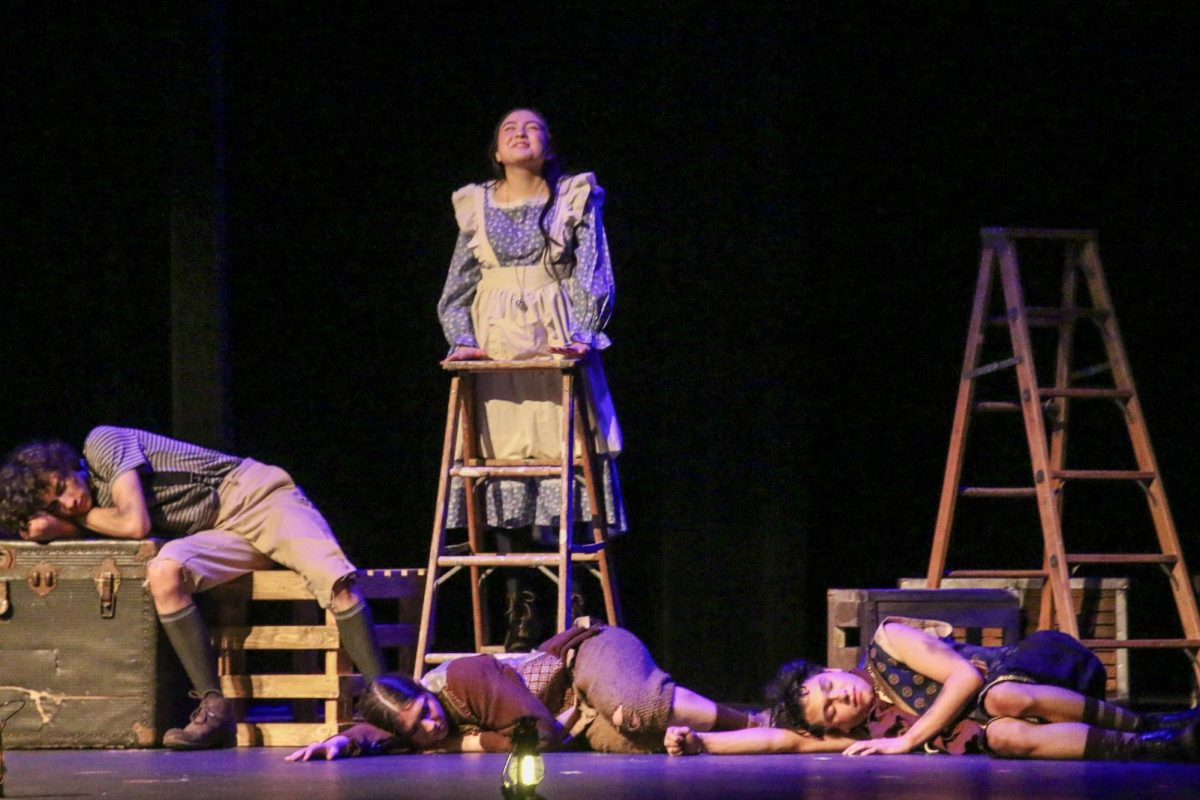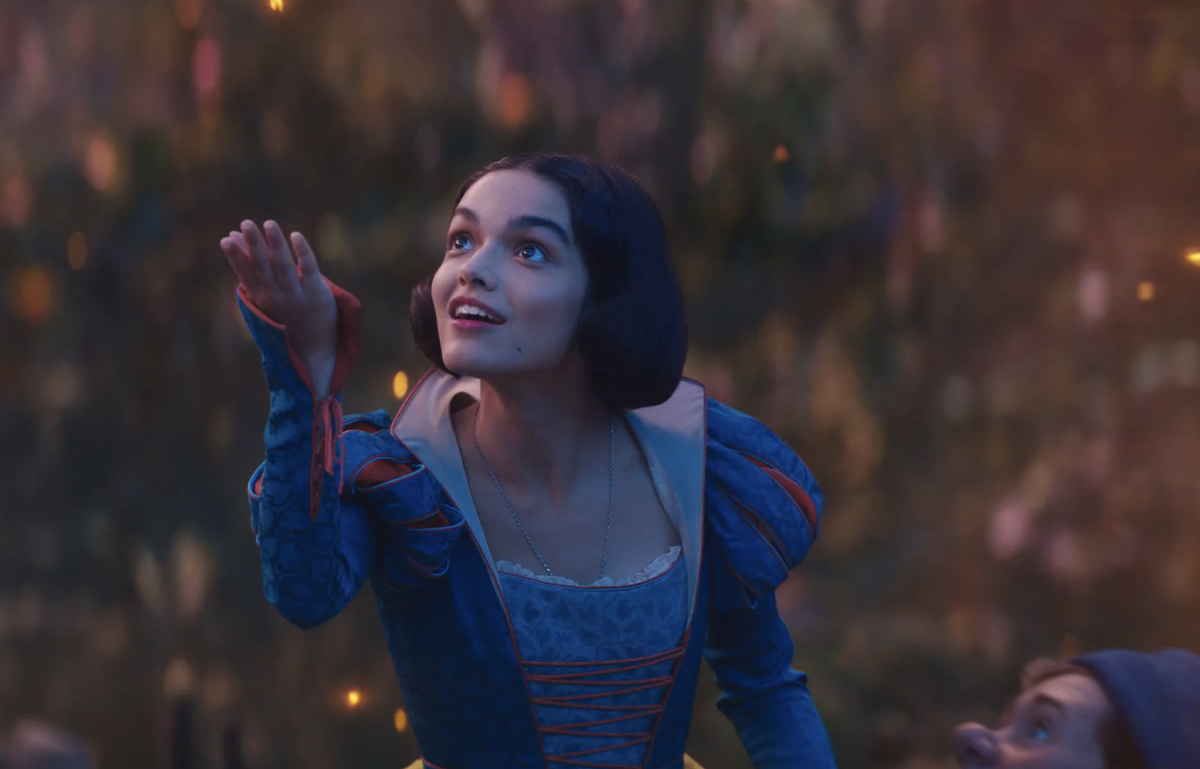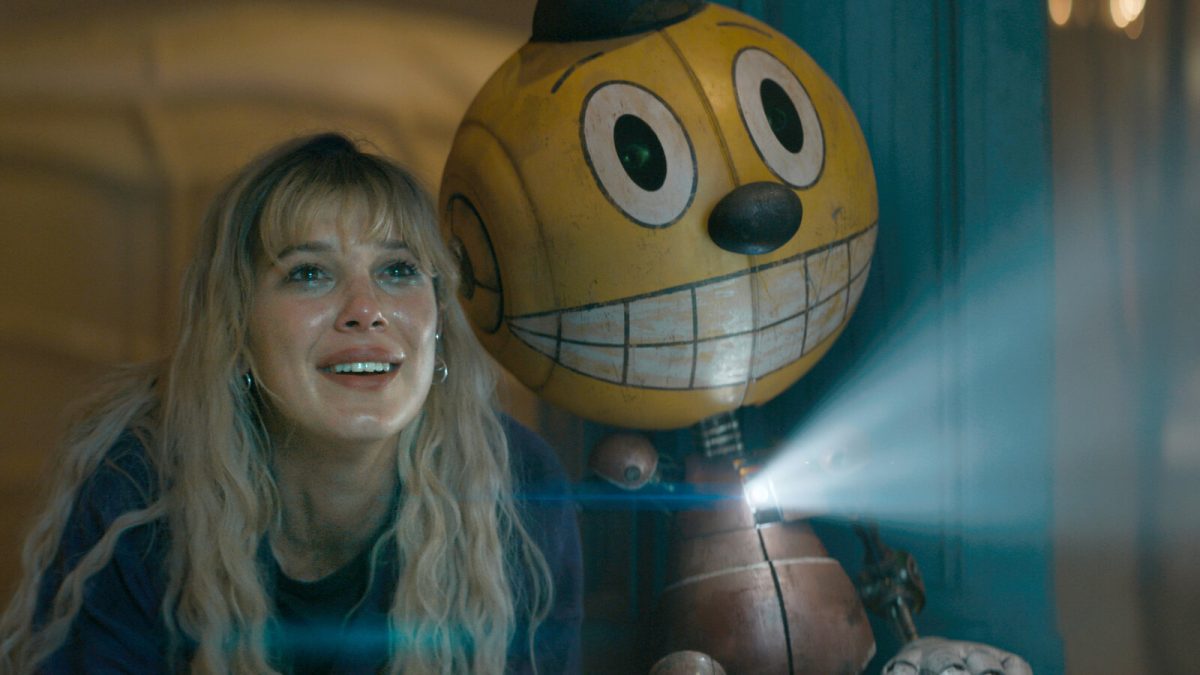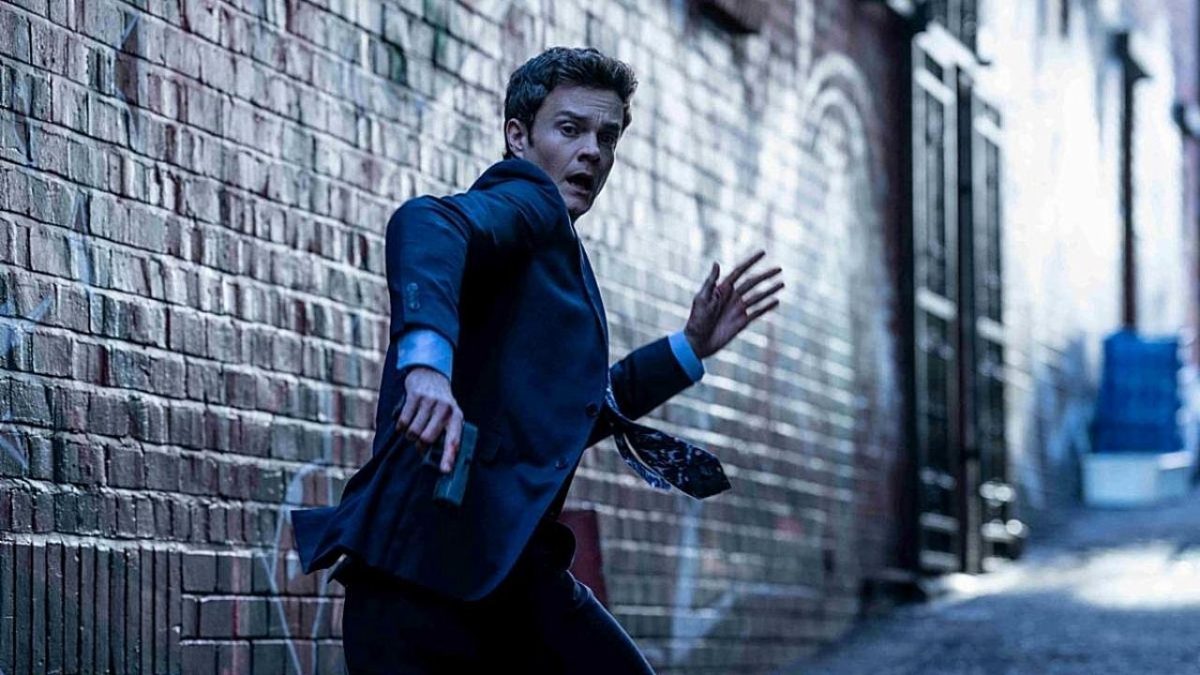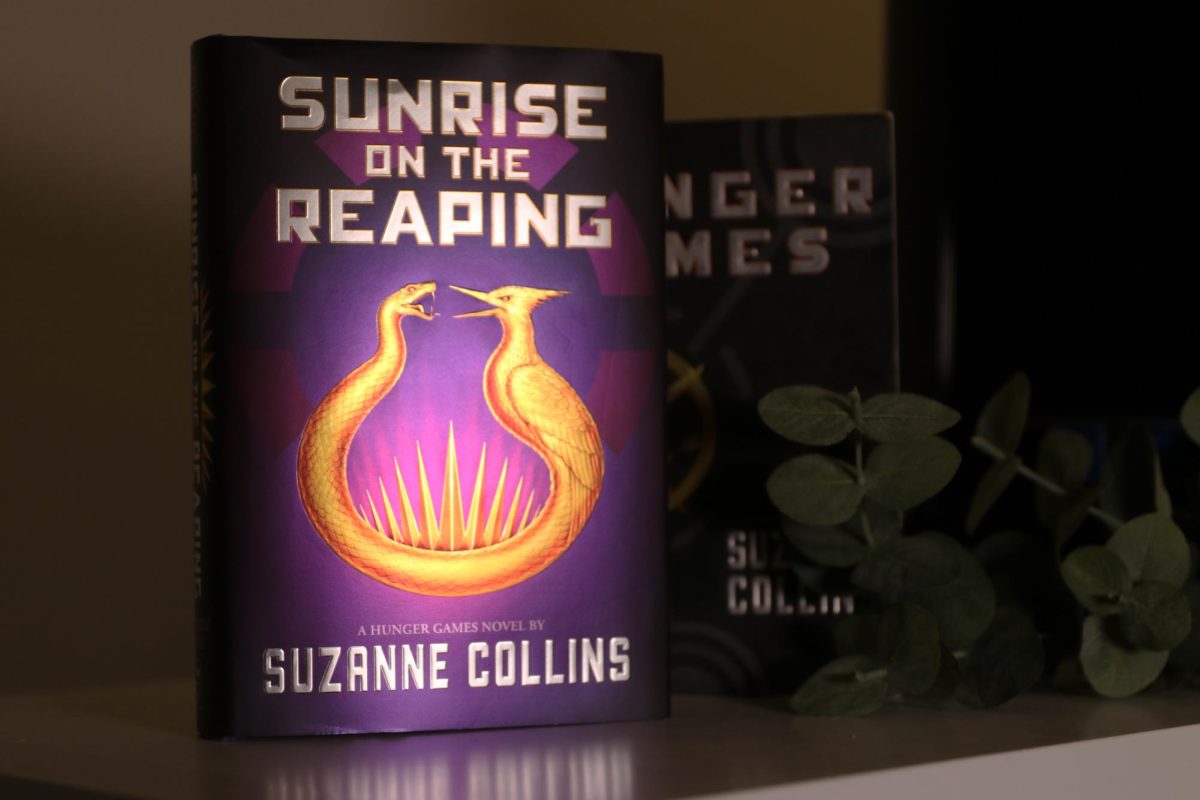Math-rock pioneers American Football is the band that made me fall in love with music.
I distinctly remember my first time hearing the song “Never Meant” from its 1999 self-titled album, “American Football.” It was a hot, early summer night and I was in fourth grade. My dad and I were driving and laughing loudly over his music.
The highway was empty and there was a small, green sliver of light on the horizon. After a few songs, an unfamiliar, twinkly guitar accompanied by a punchy snare began to play. My dad turned the volume up and said he hadn’t heard the song in years. Tapping my fingers against the car’s door frame, I knew that this meant to be quiet — to leave space for the music.
In that space, I was completely taken away.
Nodding my head in awe at the rhythm, I silently pledged to always make and listen to music. The passion in each kick of the bass drum paired with young Mike Kinsella’s vocals touched something deep within me in a way that few albums have.
In celebration of the 25th anniversary of its self-titled album, American Football’s new album “American Football (Covers)” released Oct. 18. The album, being a twist of the original, features several artists’ takes on the debut album’s songs.
It makes sense that, despite my nostalgic attachment to American Football’s sound, the reissue of the debut album mostly left me bored and wanting more.
The album opens with indie-folk songwriter Sam Beam’s rendition of “Never Meant.” Beam’s polished falsettos paired with the mellow acoustic guitar made the cover feel like a grown-up version of the original. The song, simple in rhythm and tone, left me bored at times; it lacked honesty and emotion.
Alternative rock band Blondshell’s cover of “The Summer Ends” left me wanting more. While starting off promising — perfectly replicating American Football’s iconic twangy and clean guitar tone and imperfect, flat vocals — the instrumentals and buildups felt plain and manufactured.
Despite collaborators Novo Amor and Lowsswimmer’s cover of “Honestly?” having a different vibe from the original song, I felt comforted by the ending. The raw and high-pitched violin paired well with the slurring of the trumpet.
Singer-songwriter Ethel Cain’s cover of “For Sure” was without a doubt my favorite song; it gave the album a redemption. The signature guitar riff overlapped by ethereal synths sounded beautiful paired with her airy and gentle vocals. It was slow, gothic and successfully turned an old song into a new one while keeping important elements.
Math-rock band Covet’s guitarist Yvette Young’s rendition of “You Know I Should Be Leaving Soon” was underwhelming. As someone who loves both Covet’s and Young’s music, this song felt unvaried and repetitive. The rhythm was stale and didn’t reflect the personal style of Young, nor the original sound of American Football.
Girl Ultra’s cover of “But the Regrets Are Killing Me” is something I’d never listen to on my own, but it is incredibly catchy. The polished, alternative pop vocals mixed with the pumping electronic elements were catchy, and I enjoyed the dance music feel. However, the auto-tune made it feel unnatural.
M.A.G.S’s “I’ll See You When We’re Both Not So Emotional,” while similar in structure to the original, felt fake and lacked depth. The lead guitar felt dull, and the vocals were strained and lacked emotion. It sounded as if early emo went corporate.
Alternative rock band Manchester Orchestra’s and recording engineer John McEntire’s covers were two other redeeming songs off the album. Both incorporated electronic synths and elements that brought life into the old while also staying true to American Football’s melodies and “worn out” sound.
With the exception of a few songs, “American Footballs (Covers)” was not a successful tribute. It lacked the original creativity and emotion of American Football; it was repetitive, oversimplified and too polished.



